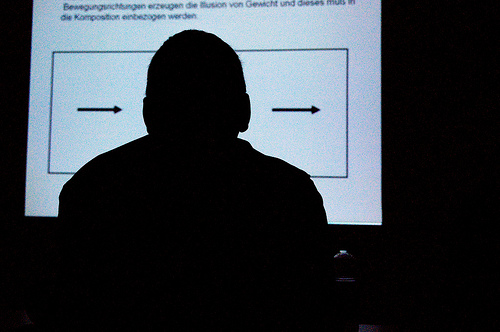Do you know this situation? When you as a manager comment on a team producing garbage people in that team will give you reasons. One of the most common reasons they give me is: “we got garbage at our input too!”. Behold! That’s a case of ‘garbage in, garbage out’.
Garbage in, garbage out?
On two occasions I have been asked, “Pray, Mr. Babbage, if you put into the machine wrong figures, will the right answers come out?” … I am not able rightly to apprehend the kind of confusion of ideas that could provoke such a question.
— Charles Babbage, Passages from the Life of a Philosopher[2]
Now Babbage published this quote in 1864. I take it then that the problem has a long tradition. Babbage’s text might also explain why this reason is given so often: it is really saying “there is nothing wrong with my team. The problem is upstream!” There is only one catch: a team is not a machine.
Think about what is really happening here: people take garbage and with a lot of effort make more garbage out of it. Does that sound like your company?
What to do?
So what should you do as a manager experiencing such a situation? I, personally, am convinced you should not accept it. Instead, you should explain to the team that it is its responsibility to take care of the problem at its input.
What not to do!
“But”, you might say, “I am a servant leader! I should fix the problem for the team!” Well, maybe. But think about what would happen if the company would get used to that:
1. It would be acceptable to socialize responsibility
Am I responsible for the quality of my work? Only if I don’t find a reason for it to be bad…
2. It is too late!
As the reasons are usually only mentioned after the garbage at the output is found, action would always be taken after the fact.
3. You will be sent from pillar to post
Everybody you turn to will tend to identify a different person that is to blame. Don’t be surprised if they send you in circles…
But if I don’t accept it…
By not accepting the team producing garbage you will increase its motivation to solve the quality problem at its input on its own. That includes cooperating with the upstream unit to find a solution.
Eventually it might turn out that the team cannot solve that problem on its own. But you should always have it try. Worst case you receive an escalation. But the benefit of holding the team responsible as much as possible is still there!


Leave a Reply